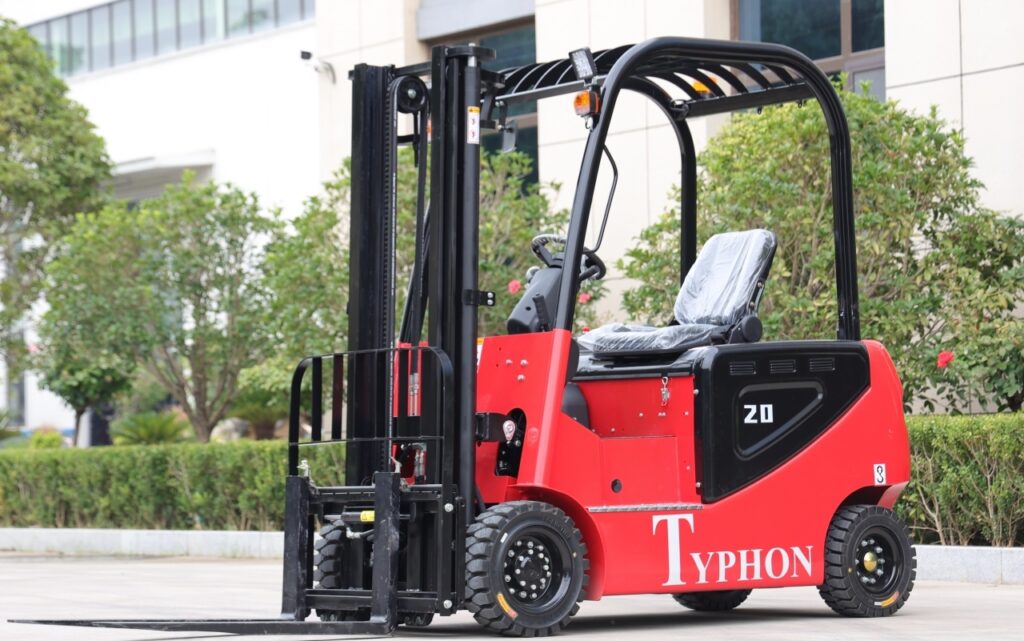Forklifts are indispensable assets in various industries, facilitating efficient material handling and ensuring smooth operations. However, to uphold their reliability and safety, regular maintenance is paramount. Neglecting forklift maintenance not only leads to costly repairs but also poses serious risks to operators and surrounding personnel. In this guide, we explore the significance of forklift maintenance, outlining its benefits and essential practices to maximize efficiency and safety.
Why Is Regular Maintenance Important?
Extended Life Span:
Proper maintenance ensures the structural integrity of forklifts, leading to extended life spans. Regular servicing and part replacements prevent unplanned downtime, allowing for uninterrupted operations and maximizing the value of your investment.
Increased Resale Value:
Adhering to service intervals and maintaining comprehensive service logs enhances the resale value of forklifts. Potential buyers value well-maintained machines, willing to pay higher prices for reliable equipment with documented service histories.
Improved Safety:
Regular maintenance instills confidence in operators by ensuring proper forklift performance. Operators rely on well-maintained equipment, minimizing the risk of accidents, injuries, and fatalities in fast-paced industrial environments.
Decreased Downtime:
Scheduled maintenance allows for planned downtime, minimizing disruptions to business operations. By addressing issues proactively during routine servicing, businesses can prevent mechanical breakdowns and avoid unexpected downtime.
How Often Do Forklifts Need to Be Serviced?
Daily Inspection:
Performing a daily inspection before each shift is crucial for forklift maintenance. Engine-off and engine-on checks encompass vital components such as fuel, hydraulic systems, tires, brakes, and steering, ensuring operational readiness and safety.
Monthly Inspection:
Monthly maintenance, typically conducted every 200 to 250 service hours, involves thorough checks of structural integrity, lubrication, fluid changes, and component adjustments. Diligent monthly inspections prevent minor issues from escalating into major problems.
Quarterly, Semi-Annual, and Annual Maintenance:
Quarterly, semi-annual, and annual maintenance tasks vary based on specific forklift requirements. These comprehensive checks include structural examinations, fluid replacements, system adjustments, and thorough cleaning to uphold optimal performance and safety.
Learn More: Forklift Fork Dimensions and Types
How to Keep Forklifts Running Efficiently:
Adhere to the Manufacturer’s Service Intervals:
Follow manufacturer-recommended service intervals to ensure timely maintenance and prevent premature wear and tear.
Identify Maintenance Needs:
Regularly inspect forklifts to identify components requiring cleaning, lubrication, or replacement. Promptly addressing maintenance needs prevents performance degradation and prolongs equipment life.
Conduct Daily Inspections:
Prioritize daily inspections to detect any issues before each operational session, fostering operator awareness and ensuring equipment reliability.
Operator Training and Awareness:
Empower operators with comprehensive training on forklift operation and maintenance practices. Encourage adherence to safety protocols and familiarity with forklift manuals and safety guidelines.
Conclusion:
Forklift maintenance is not merely a routine task; it’s a critical investment in efficiency, safety, and operational continuity. By prioritizing regular maintenance and adhering to service schedules, businesses can mitigate risks, enhance productivity, and prolong the service life of their forklift fleet. Partnering with experienced forklift service providers like Gregory Poole Lift Systems ensures expert maintenance and peace of mind in operational reliability. Schedule your forklift service appointment today and optimize your equipment’s performance for sustained success.



